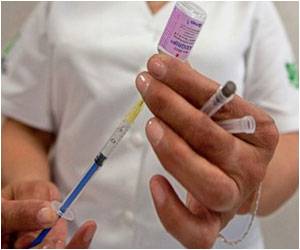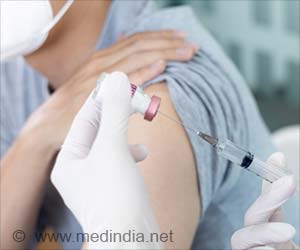Radiation therapy affects the options and outcomes for breast reconstruction, which many women who receive mastectomy desire.

- Breast reconstruction is associated with increased quality of life and long-term satisfaction in breast cancer patients.
- Radiotherapy increased complications and impaired patient-reported satisfaction with reconstructed breasts in breast cancer patients.
Autologous tissue reconstruction is an implant-based surgical procedure in which the patient's own tissue is used to reconstruct the breast. The common donor site for this implant is the abdominal tissue -Transverse Rectus Abdominis Myocutaneous (TRAM) flap.
Effect of Radiation Therapy for Breast Reconstruction
Patients who received radiation followed by autologous reconstruction reported complications and satisfaction similar to women who had this reconstruction but did not undergo radiation therapy.
"Women diagnosed with early-stage breast cancer face challenging decisions that will impact both their long-term disease control and quality of life. These findings have considerable significance for those who have decided to receive post-mastectomy radiotherapy and must select a type of reconstruction," says study author Reshma Jagsi, M.D., D.Phil., professor and deputy chair of radiation oncology at the University of Michigan Medical School.
The complications were assessed using a number of measures within one and two years of treatment. The patients reported satisfaction after the surgical procedure.
Patients who received implants and radiation had significantly lower satisfaction than patients who had implants only. Patients who had autologous reconstruction reported similar satisfaction regardless of radiation treatment.
"Autologous reconstruction is a much more extensive procedure. But given the findings of this study, it may be preferable for some patients, particularly those worried about the impact of radiation on the outcomes of reconstruction," Jagsi says.
Growing evidence supports the benefits of post-mastectomy radiotherapy in appropriate patients. Reconstruction is associated with increased quality of life and long-term satisfaction. The best approach to integrating these two treatments has not been well-understood.
"It is critical to use these results to generate consensus about the optimal approaches to integrating radiation therapy and breast reconstruction so that women do not receive radically different recommendations based on where they happen to go for treatment," Jagsi says.
Source-Medindia















